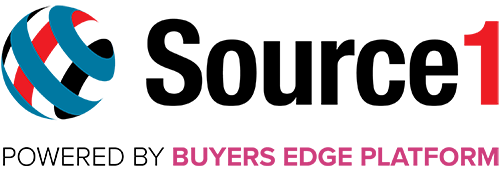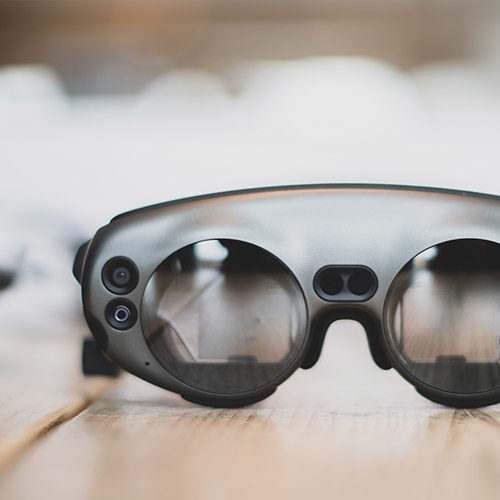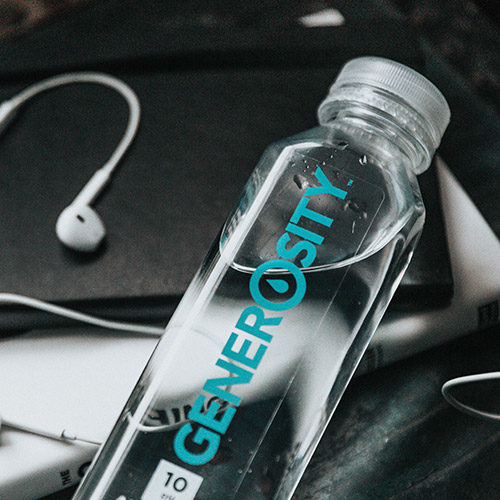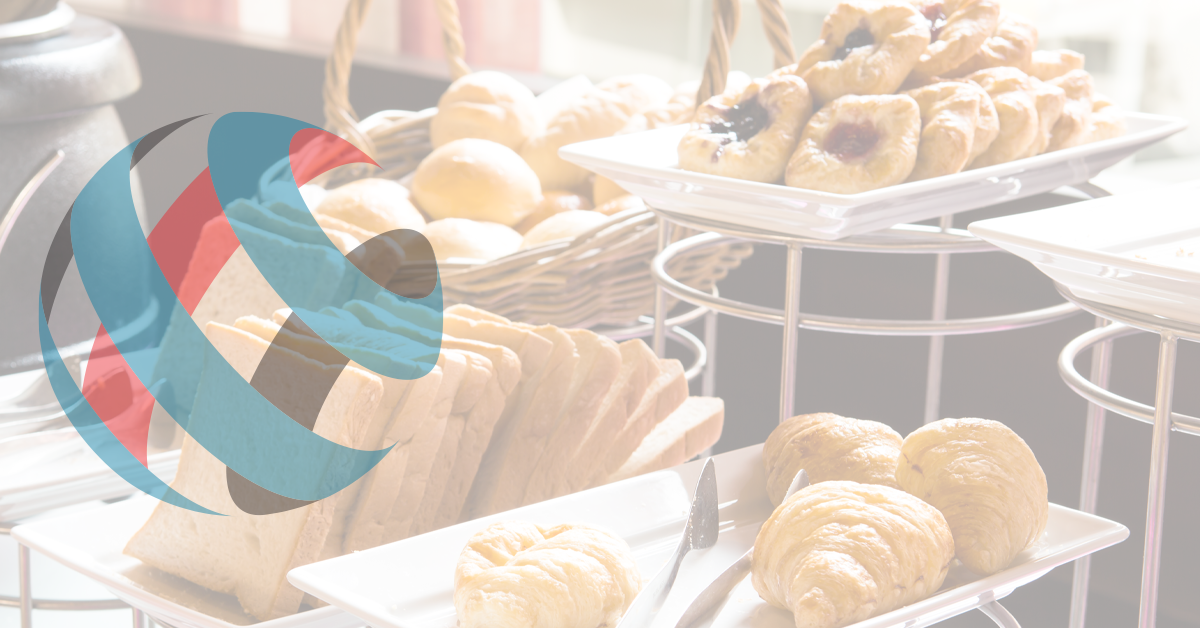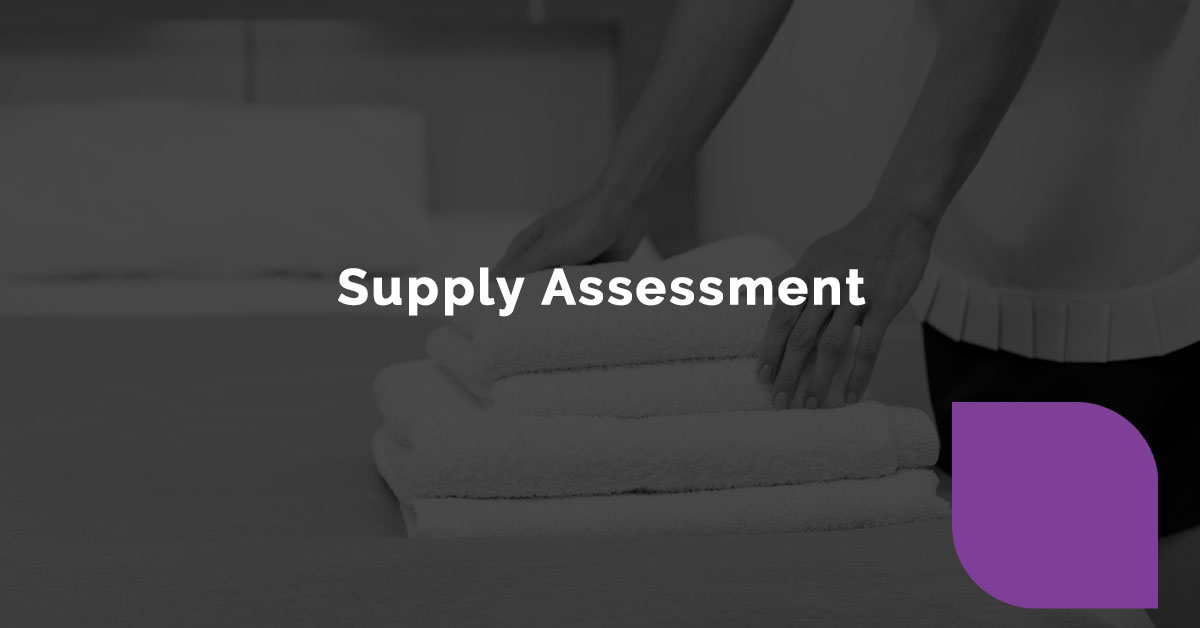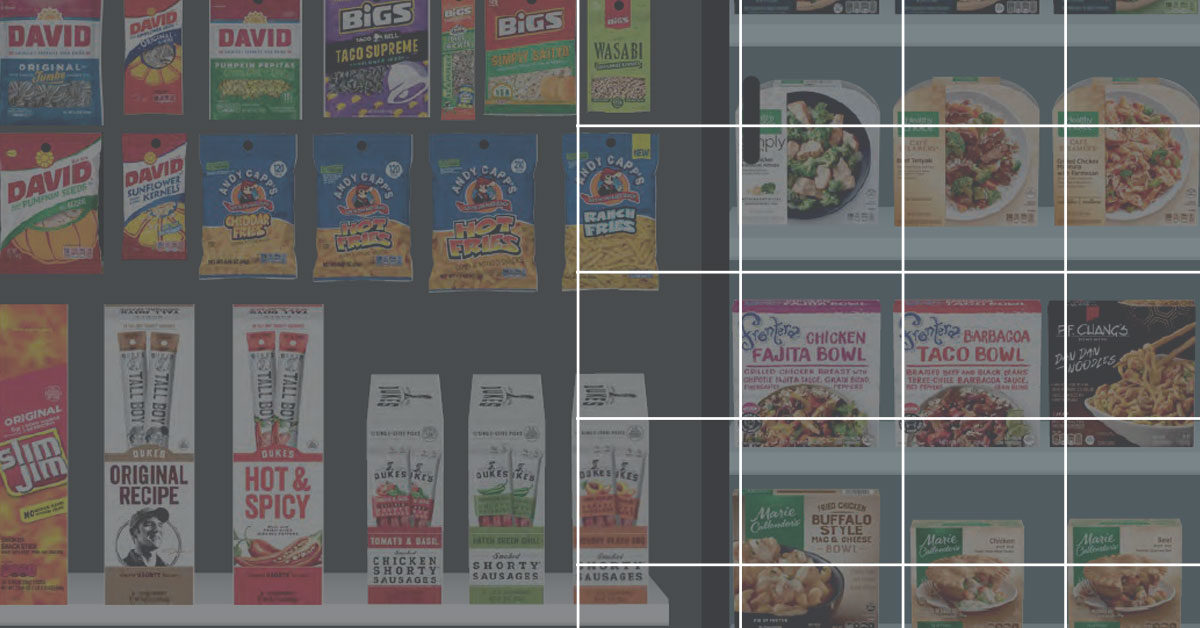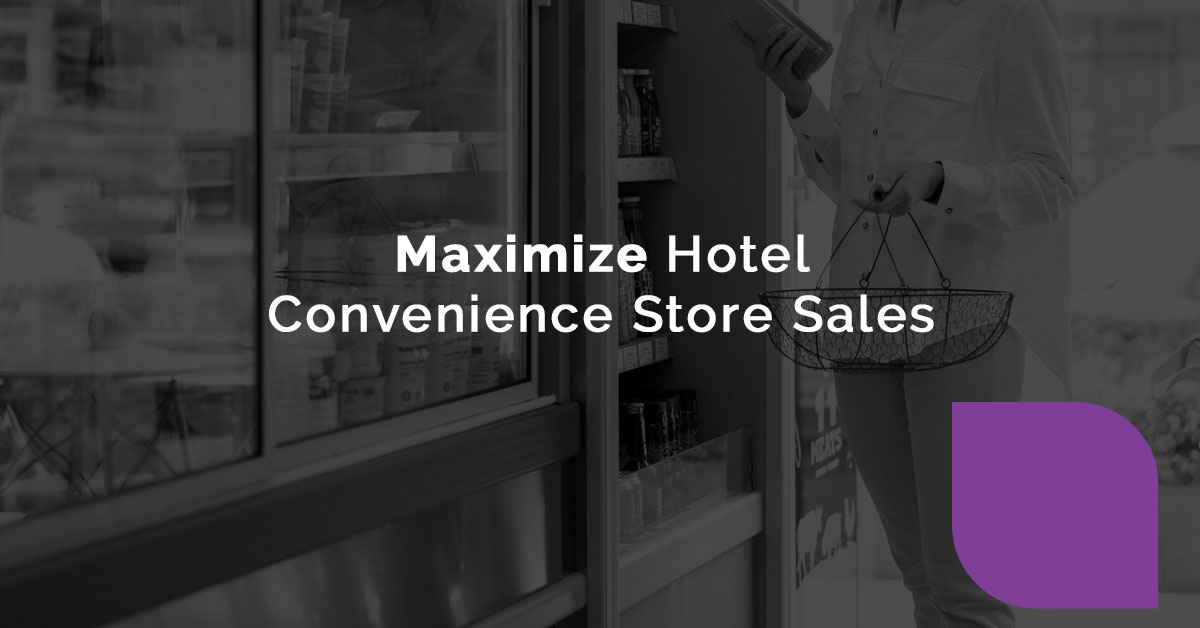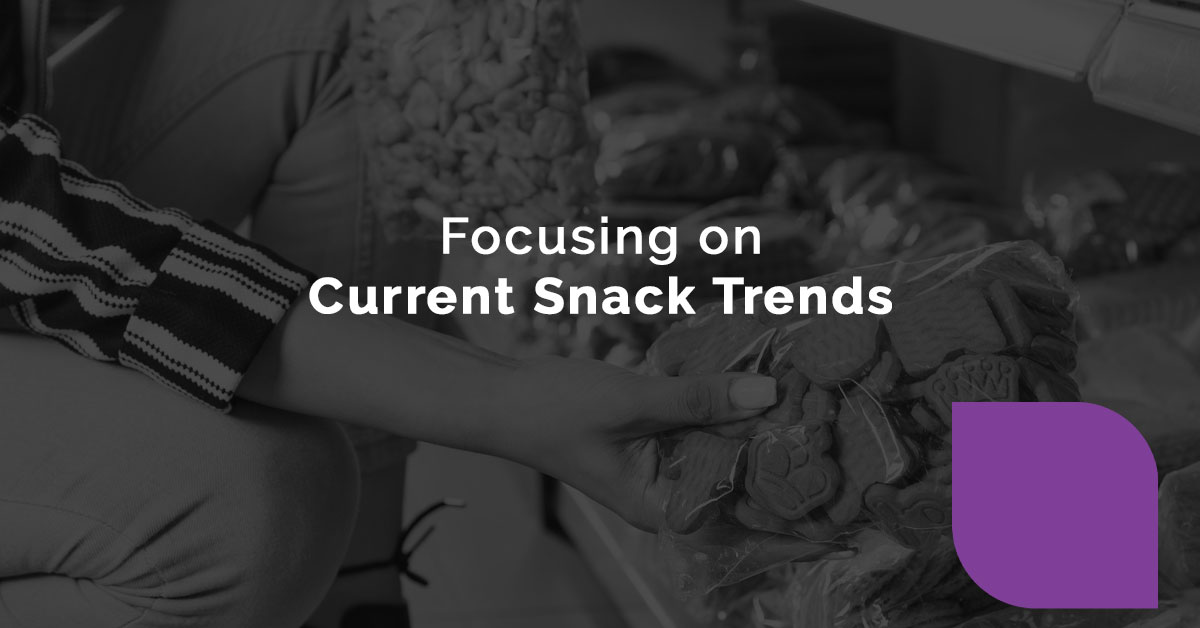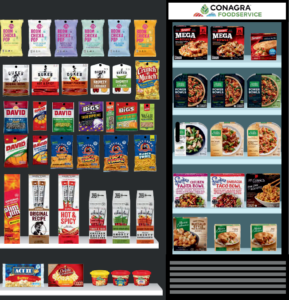5 Advantages of Using Hotel Procurement Technology
In an industry built on service, operational efficiency the key to success. While many hotels still rely on manual processes for procurement, the reality is that this approach can lead to significant drawbacks – and costly mistakes.
The Hidden Costs of Manual Hotel Procurement
Negative impacts of manual procurement are substantial. They can include:
Time Consumption and Inefficiency
- Manual Data Entry Errors: Human error is inevitable when handling large volumes of data. This can lead to incorrect orders, delayed payments, and reconciliation issues.
- Slow Procurement Cycles: Manual processes are time consuming, from creating purchase orders to tracking deliveries. This can result in stockouts, lost revenue, and unhappy guests.
- Reduced Productivity: Staff time is better spent on guest-centric tasks rather than being bogged down in paperwork and manual data management.
Lack of Visibility and Control
- Inventory Management Challenges: Without real-time data on stock levels, hotels risk overstocking or running out of essential items.
- Limited Spend Analysis: Manual tracking of expenses makes it difficult to identify cost-saving opportunities and areas of overspending.
- Supplier Performance Issues: Without a centralized system, it’s challenging to monitor supplier performance and ensure compliance.
Increased Costs
- Higher Procurement Costs: Manual processes often lead to increased costs due to errors, inefficiencies, and missed discounts.
- Stockout Expenses: Running out of essential items can result in emergency purchases at premium prices, impacting the bottom line.
- Compliance Risks: Non-compliance with regulations can lead to hefty fines and reputational damage.
Missed Opportunities
- Suboptimal Supplier Relationships: Manual management hinders building strong relationships with suppliers, limiting negotiation power and access to discounts.
- Delayed Decision Making: Lack of data-driven insights prevents timely decision-making regarding product selection, pricing, and supplier choices.
- Reduced Competitiveness: Manual processes can hinder a hotel’s ability to adapt to market changes and stay competitive.
By understanding these challenges, you can appreciate the value of procurement technology in streamlining operations, reducing costs, and enhancing overall performance.
The Power of Hotel Procurement Technology
The challenges of manual procurement are clear. Overcoming these obstacles requires a strategic shift towards technology. Once reliant on manual processes and spreadsheets, 76% of operators now say using innovative technology gives them a competitive edge, streamlines operations, and drives profitability.
1. Streamline Operations and Increase Efficiency
Procurement technology automates time-consuming tasks, freeing up staff to focus on guest experience. By switching to procurement technology, hotels can enjoy benefits like:
- Faster purchase order processing
- Reduced paperwork
- Improved inventory management
- Fewer errors
2. Uncover Cost Savings and Maximize Profitability
By harnessing data, hotels can identify hidden cost-saving opportunities. Procurement technology offers tools to:
- Analyze spending patterns
- Negotiate better deals with suppliers
- Optimize inventory levels
- Prevent overspending
3. Enhance Supplier Relationships and Drive Innovation
Building strong supplier relationships is key to your success. Procurement technology helps by:
- Streamlining communication
- Tracking supplier performance
- Expanding your supplier network
- Fostering collaboration
4. Ensure Compliance and Mitigate Risk
Staying compliant with industry regulations is essential. Hotel procurement technology simplifies this process by:
- Automating contract management
- Verifying supplier information
- Maintaining audit trails
- Reducing the risk of penalties
5. Data-Driven Decision Making and a Competitive Edge
Hospitality procurement technology turns data into actionable insights. By analyzing purchasing patterns and identifying trends, hotels can:
- Make informed decisions
- Optimize resource allocation
- Gain a competitive edge
- Improve overall performance
By harnessing the power of procurement technology, hotels can achieve significant improvements in efficiency, cost savings, and overall performance.
With guest expectations and operational demands constantly increasing, staying competitive in hospitality requires more than just great service—it demands efficiency. Did you know that 76% of hotel operators believe technology gives them a competitive edge? Manual procurement processes are no longer sufficient in an industry where speed, accuracy, and cost control are critical.
By partnering with Source1, you can elevate your purchasing strategy with cutting-edge procurement technology. Streamline operations, cut costs, and stay ahead of the curve. Fill out the form below and join other industry leaders who are leveraging technology to drive their success.
Fill out the form below let Source1 be your trusted procurement partner.
